247
…By Paul Ejime
Outgoing Senegal’s President Macky Sall, on Monday congratulated opposition leader Bassirou Diomaye Faye on his victory in Sunday’s presidential election.
Almost all other presidential candidates, including former Prime Minister Ahmadou Ba, the candidate of the ruling Alliance for Republic, APR, have also conceded defeat and congratulated Faye.
“I salute the smooth running of the election and congratulate the winner, Mr. Bassirou Diomaye, who is the winner by the trends. This is the victory of Senegalese democracy,” Sall said through a post on his X, former Twitter handle, hours after Ba had congratulated Faye.
The National Electoral Commission, CENA, is still compiling the official tally of the election in the country’s 14 regions.
But unofficial estimates indicate that Faye might have received about 57% of the vote, against the runner-up Ba’s 31%.
Under Senegal’s Constitution, a candidate requires more than 50% of the vote to win the presidency in the first round of balloting, otherwise, the two frontrunners go into a run-off vote.
The Appeal Court of Dakar is expected to announce the final figures of Sunday’s contest on Wednesday, and this will be validated by the Constitutional Council, if no objections are raised.
The Council has the final say on electoral matters in the country, while CENA supervises the electoral process.
President Sall will hand over power to Faye, as Senegal’s 5th and youngest President on April 2nd.
It is a perfect birthday present for Faye, who turned 44 on Sunday, the election day, and a great relief particularly to pro-democracy advocates in Senegal and ECOWAS, which is battling growing military incursions into politics in the region, with four of its 15 member States now under army rule.
Credit should also go to the Senegalese population, especially the civil society groups for their resilience in checkmating Sall’s political manoeuvrers.
Among the immediate tasks of Faye, a former tax collector is the reconciliation of a country, whose democratic standing had been shaken in the past couple of years, particularly by Sall’s tenure elongation plan, which he was forced under local and international pressure to abandon.
But this was not before the attendant political tension and street protests that killed at least 20 people, followed by uncertainties over the rescheduling of the presidential vote originally fixed for 25 February, before it was moved to March 24.
As an appeasement gesture, a subdued President Sall declared a general amnesty for detainees recently, including Faye and his comrade Ousmane Sonko, who were released to join the campaign trail.
Sonko was barred from contesting the presidential election following his conviction for radicalizing the youths, a charge critics consider politically motivated.
Meanwhile, Faye has promised to tackle corruption and address the needs of Senegal’s youthful population from where he and Sonko draw their most support.
Given the unsalutary experiences of “anointed candidates” or Godfatherism in Africa, political observers will closely monitor the Faye-Sonko relationship with political power in their hands.






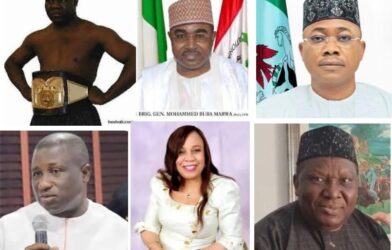
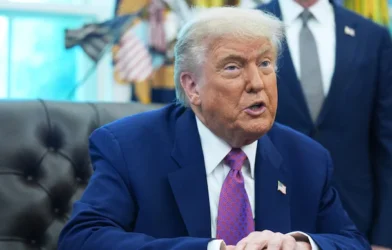
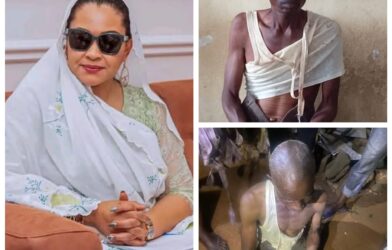
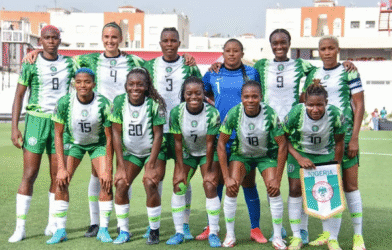
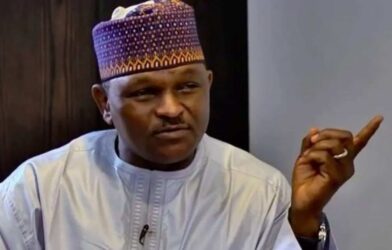
Comments are closed